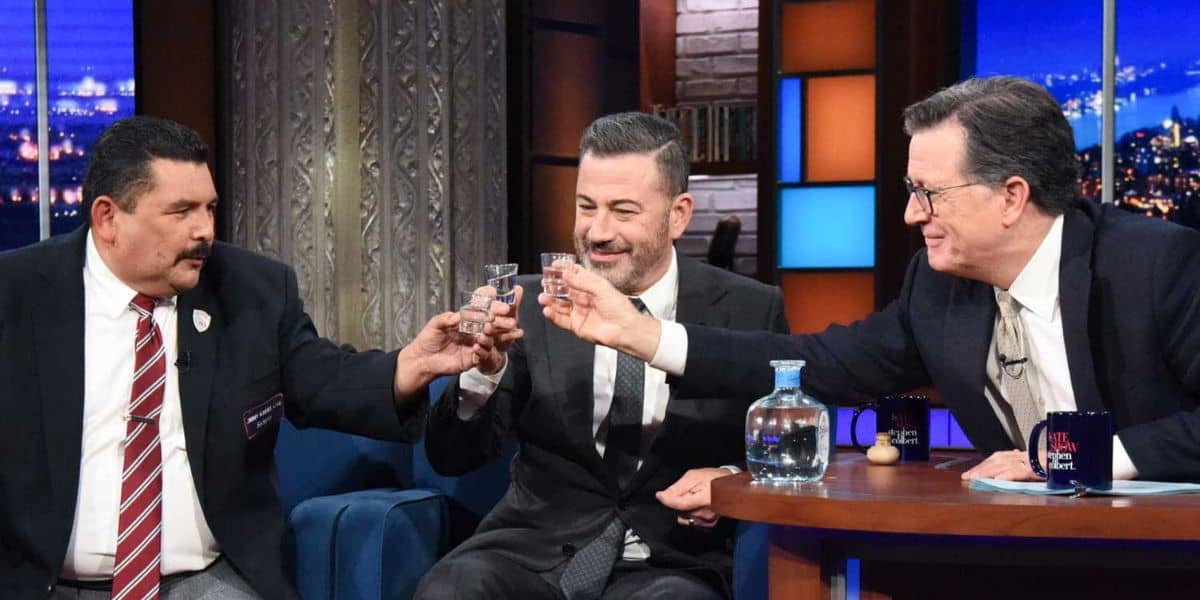ESPN Accused of Removing Paul Finebaum Following Republican Political Aspirations
ESPN’s Decision on Finebaum’s Future
Paul Finebaum’s recent comments regarding a potential Senate run as a Republican have stirred significant discussion about his role at ESPN. During a guest appearance on a radio show hosted by Clay Travis, Finebaum expressed that Alabama had always felt like home to him. His expression of interest in running for a vacant Senate seat has raised eyebrows, particularly among conservative circles. ESPN, a subsidiary of Disney, has found itself at a crossroads, balancing talent’s personal ambitions with its corporate image.

Finebaum has long been a household name in college football, captivating audiences with his insights on SEC games. His sudden absence from ESPN programming over the past weekend, a departure from his decade-long routine, initiated speculation about his future at the network. Critics quickly noted that the timing coincided with his political aspirations, fuelling concerns about censorship.
ESPN’s history with politically active personalities is fraught with complexities. The network has faced criticism for handling various on-air talents who express political opinions that diverge from the consensus or corporate interests.
Accusations of Censorship by ESPN
Social media has exploded with reactions following the news of Finebaum’s absence. Many users have voiced their suspicions that ESPN had removed him due to his political aspirations. This wave of accusations peaked when Clay Travis openly alleged that ESPN sidelined Finebaum.
In a response to these claims, Bill Hofheimer, an ESPN spokesman, stated that the accusations were “totally false” and emphasized that they had no basis in reality. This statement has done little to quell the firestorm on social media, where many conservatives feel that Finebaum’s potential political ambitions led to his unwarranted removal from the airwaves. The debate has brought attention to the broader implications for ESPN’s reputation, especially among conservative audiences.
The situation has left many questioning the integrity of program scheduling and the networks’ autonomy in making editorial choices without external influence. The backlash could damage ESPN’s standing among specific viewer demographics.
The Political Climate Surrounding Sports Media
Disney, which owns ESPN, has recently faced scrutiny for various controversies, suggesting that its handling of talent could be sensitive to political backlash. The corporation’s decision to reinstate late-night host Jimmy Kimmel after a brief suspension triggered criticism from the right, indicating that fine balancing acts are a daily reality in media ownership.

Political affiliations increasingly play a significant role in how viewers perceive media brands, particularly sports networks like ESPN. The perception that a network censors its talent based on political views raises questions about bias and freedom of expression in sports commentary. Public opinion impacts programming decisions, meaning fine lines often exist between entertainment and politics.
The repercussions of recent events, especially concerning Finebaum’s aspirations, could lead to rising tensions around network decisions. If ESPN is seen as not supporting its talent’s political ambitions, it could deter potential commentators from exploring their political aspirations in the future.
Future Prospects for Finebaum and ESPN
As discussions loom regarding Finebaum’s possible return to ESPN, many anticipate that external pressures from followers and conservatives will shape the outcome. Should Finebaum make a comeback, it could signal ESPN’s willingness to foster an open environment for its on-air talent.

However, the development of this situation remains fluid. Public demand for transparency can influence ESPN’s decisions, especially as it navigates strategies to maintain viewership without alienating any group.
Predictions for the network’s reputation remain cautiously optimistic as many hope transparency and consistency in handling such matters will restore faith among its audience. The intersection of politics and sports media continues to evolve, leaving ESPN, Disney, and personalities like Paul Finebaum as focal points of broader conversations about freedom of expression and corporate governance.
The future will depend on how well ESPN manages this scenario in the coming weeks. The balance between political aspirations and media presence will undergo scrutiny in what appears to be a changing landscape for sports commentary.






Another Lie, sorry Lye, article.
This story is not a maybe. It is about the simple fact that media companies, all over the Western world, but particularly in the US and the UK are an entirely new entity. They are simply the mouthpieces of their owners or in the case of publicly owned outlets in the UK, the BBC and Channel Four, the unelected, unaccountable, uninterested management. These outlets are a surprising new entity. They are far left organisations, answerable to virtually no one, the crush dissent, they silence alternative points of view, they DESTROY anyone who works for them, but voices an opinion that does not meet with their world view. They are FACTUALLY the very thing they deny being. They are in fact, modern day fascists. All of these organisations would make Goebbals proud. The have adapted old world fascism to the new world order.